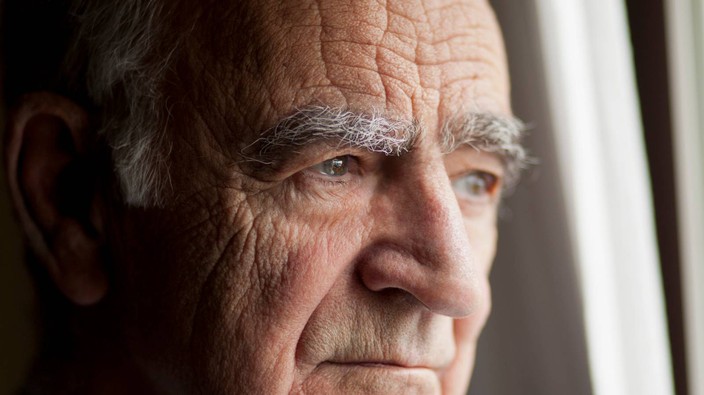a new method of treating alzheimer’s disease using low doses of radiation vastly improved the behavioural and cognitive abilities of patients almost overnight, according to a toronto pilot study.the research, published in the
journal of alzheimer’s disease, found that modest amounts of radiation may help maximize the body’s ability to protect and repair itself by prompting the production of vital antioxidants. “the primary goal of a therapy for alzheimer’s disease should be to improve the patient’s quality of life,”
said morris freedman, senior author of the study and a scientist who runs the division of neurology at baycrest rotman research institute.“we want to optimize their well being and restore communication with family and friends to avoid social isolation, loneliness and under-stimulation. although the study was a small pilot and should be interpreted with caution, our results suggest that low-dose radiation therapy may successfully achieve this.”the study, which involved just four patients and no placebo group, built on the case report of a patient suffering from the symptoms of severe of alzheimer’s disease in 2015. the woman received several doses of radiation to her brain that improved her movement, speech, appetite and cognition to the point where she was able to be transferred from hospice to long-term care.while high doses of radiation can be devastating to the human body, low doses — such as the levels produced by a typical ct scan — appear to be beneficial in certain circumstances. “numerous neurological disorders, including alzheimer’s disease, are thought to be caused in part by oxidative stress that damages all cells, including those in the brain,” said jerry cuttler, lead author of the study and a retired atomic energy of canada scientist. “we have natural protection systems to combat the damage, but they become less effective as we get older.“each dose of radiation stimulates our natural protection systems to work harder — to produce more antioxidants that prevent oxidative damage, to repair more dna damage and to destroy more mutated cells.”
alzheimer’s disease, the most common cause of dementia, is a degenerative condition that is believed to be the result of the accumulation of certain proteins in the brain that leads to the slow death of neurons. this process eventually produces symptoms of memory loss, difficulty thinking or problem solving and changes in mood and behaviour.there are over 500,000 canadians
living with dementia today with another 25,000 diagnosed with the progressive disease every year,
according to the alzheimer society. two-thirds of those diagnosed over the age of 65 are women. with the rate at which the disease is growing, it costs over $12-billion a year to care for patients.
enjoying this story? subscribe to our newsletter here
the four participants in the study, all of whom were suffering from severe alzheimer’s symptoms, received three instalments of low-dose radiation at two week intervals at sunnybrook health sciences centre in toronto. a ct scanner was used to deliver the radiation under the watchful eye of a neurologist. their behaviour and ability to communicate was closely monitored before and after treatment and statements and other evidence was collected from the family, friends and caregivers of participants. three of the four patients demonstrated significant improvement within days of their first dose of radiation. it did not go unnoticed.“i had an amazing visit with my dad this evening,” the daughter of one patient reported. “i’m speechless from last night. he was excited to see me — he spoke to me right away and gave me multiple kisses — real kisses like years ago. he was clapping his hands to the music. my mom agreed it’s been years since he has done this. everyone is amazed.”while the results are encouraging, given the limitations of the study researchers said future follow-up should focus on reinforcing the findings across larger clinical trials.
dave yasvinski is a writer with healthing.ca
 3 minute read
3 minute read









